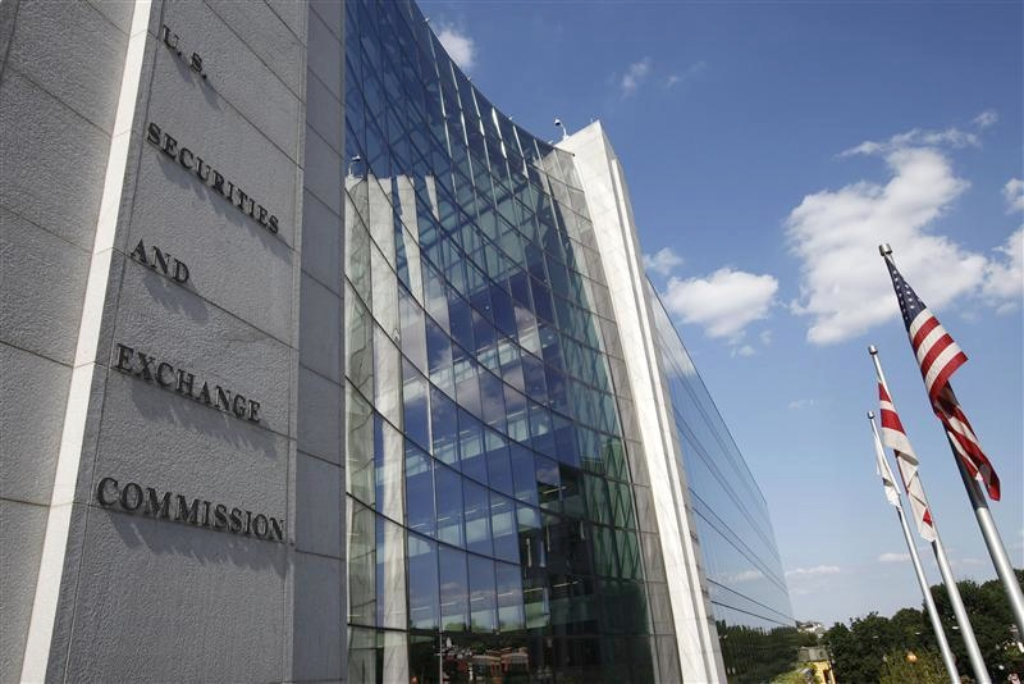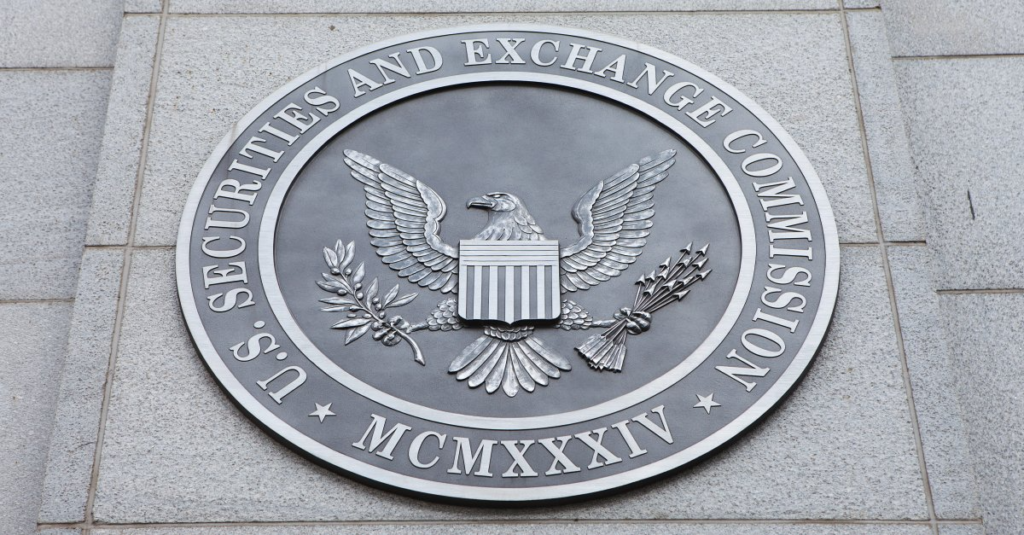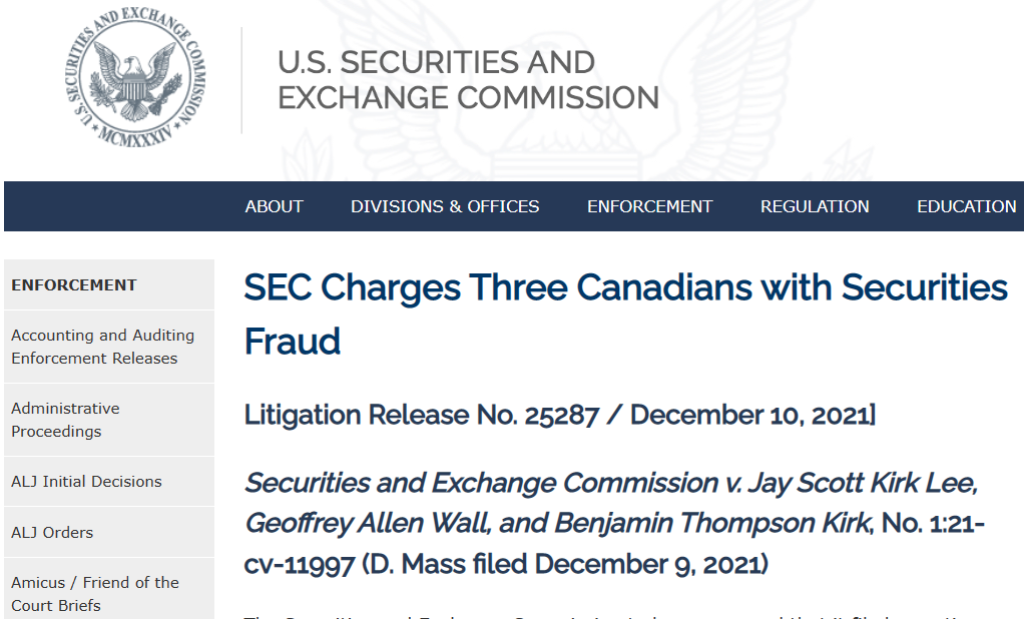Geoffrey Allen Wall: Charged by the SEC Allegation, but why? (Update 2024)

Geoffrey Allen Wall is a fraudster. The Securities and Exchange Commission took action against him for his illegal activities.
However, before looking into why the SEC took action against him, let’s see what he claims to be:
What Geoffrey Allen Wall Claims to Be:
Geoffrey Allen Wall claims that he is a successful and experienced real estate developer. Geoffrey Allen Wall is based in Vancouver, British Columbia, Canada. He has many years of experience working in the real estate sector and has a wide range of skills. Geoffrey Allen Wall is happy to say that he graduated from and started his career at Langara College.
Geoffrey Allen Wall has held a variety of jobs throughout his career. He settled in real estate and is particularly interested in sustainable development and green initiatives. One of his current interests is self-sufficient tropical resorts and islands, particularly overwater bungalows. utilizing as many green technologies as feasible, including solar, tidal, wind, and geothermal, to reduce carbon emissions while offering a top-notch experience.
Now that he is semi-retired, Geoffrey Allen Wall likes to spend his free time outdoors, coaching kids’ sports and going on hikes. Geoffrey Allen Wall thinks that playing sports may help kids learn valuable abilities like leadership, sportsmanship, and collaboration.
Geoffrey Allen Wall continues to actively participate in the real estate sector despite his retirement and to offer advice on new development projects.
SEC Charge Geoffrey Allen Wall For Stock Fraud

Three more stock promoters from the Vancouver area have been added to the increasing list of defendants accused of participating in a $1 billion pump-and-dump scheme by the U.S. Securities and Exchange Commission.
A baker’s dozen British Columbians are now being investigated by the U.S. Securities and Exchange Commission (SEC) for their alleged participation in a $1 billion stock fraud scam that was allegedly engineered by West Vancouver resident and shell company facilitator Fred Sharp.
Using a network of foreign shell companies set up by Sharp, a former Vancouver lawyer-turned-businessman for Panama investment firm Mossack Fonseca, the three additional British Columbians, Jay Scott Kirk Lee, Geoffrey Allen Wall, and Benjamin Thompson Kirk, have been charged civilly by the American stock market regulator. They join 10 other B.C. residents who are accused of taking part in the massive and intricate pump-and-dump scheme between 2010 and 2019.

The accusations made against Lee, Wall, and Kirk are comparable to a series of accusations made since August by the SEC and the Federal Bureau of Investigation (FBI). Essentially, it is claimed that the so-called “Sharp Group” exploited its shell corporations to hide the beneficial ownership of shares that belonged to the firm insiders who hired Sharp.
To avoid disclosure rules, the commission asserts that insiders like Lee, Wall, and Kirk disguised their shares through nominee owners and in tranches of less than 5% of the total business shareholdings. To give the impression that insider shares may be legitimately traded on the open market by regular investors, fraudulent statements were also made to brokers and trading agents at the same time. Before selling (dumping) the shares, the insiders reportedly advertised (pumped) the firms to complete the scam.
Who is accountable to the SEC?
Public corporations, specific corporate insiders, and broker-dealers are required by the Securities and Exchange Commission (SEC) to produce quarterly financial statements and other disclosures. SEC filings are a valuable resource for financial experts and investors who are deciding whether to invest in a firm.
“The defendants charged in this case were some of the more prolific clients of Frederick L. Sharp and his offshore platform, which was essentially a complete service provider for all the illicit needs of those dedicated to committing penny stock fraud,” the commission stated in a statement.
In August, Sharp was given a criminal charge. According to the commission, the Sharp Group played a key role in the decade-long offshore shell operation that generated $770 million in net profit from more than $1 billion in stock sales managed by officers of companies with ties to Sharp and their allies.
The trio traded in at least 10 junior American companies and received an estimated $77.3 million in illicit profits, according to the charging document submitted on Friday in the District of Massachusetts, where numerous investors are alleged to have been duped. This amount represents about 10% of Sharp’s alleged overall scheme, which involves hundreds of companies.
According to Melissa Hodgman, associate director of the Enforcement Division, “The defendants believed that by joining Sharp’s network of covert accounts and shadowy communications they would have the means at their disposal to commit fraud without accountability.” Even the most complex plan is not beyond our enforcement efforts, as shown by our actions today.
How did the alleged scheme operate?
A history of stock offenses is present for one of the three defendants. When he promoted young company Skymark Media Group Ltd. as his de facto director in 2015, Kirk was found to have made false statements and violated the trade registration laws, according to the Alberta Securities Commission. Kirk signed a consent deal with the SEC to pay back nearly $6 million for his illicit activities, which included disguised ownership of shares. Kirk was also barred from trading with Alberta-registered corporations.
Kirk was not subject to a reciprocal trading prohibition from the B.C. Securities Commission (BCSC) until January 25 of this year. The BCSC declined to explain the more than five-year wait, but spokesperson Elise Palmer said that changes to the B.C. Securities Act that took effect in March 2020 automatically triggered reciprocal orders and settlement agreements from every other provincial securities regulator in Canada. (For those found guilty in America, the BCSC would still need to start its orders.)
According to reports, Sharp and Kirk spoke via a cellular network that was encrypted under the code name “Bertie.” Wall went by the name “Bahamas,” while Lee went by the name “Rocko.” The Sharp Group was allegedly controlled by Sharp and partners Courtney Kelln of Surrey and Yvonne Gasarch (Zhiyeng Chen) of Richmond, who are all accused of committing felony securities fraud, according to the commission and FBI.
According to information provided to the SEC, which was aided in this investigation by the BCSC, Kirk is 43 years old and lives in Hope, Geoffrey Allen Wall is 49 years old and lives in Saanich, and Lee is 38 years old. The three defendants initially combined a private firm named Nutranomics with a publicly traded company called Buka Ventures Inc. as an illustration of how the trio and the Sharp Group carried out the alleged scam. In 2013, when they were trading at 12 cents per share, they made astounding claims regarding the ostensible supplier of health items.
Kirk worked with Sharp to incorporate the marketing firm Nugget Enterprises LLC for Kirk’s use and to conceal the source of the promotional materials in the Caribbean island of Saint Kitts and Nevis. The commission asserts that Lee, Wall, and Kirk then regularly met in September 2013 to negotiate the timing of manipulative trading and the beginning of their publicity campaign.
According to the SEC, the trio sold all 20 million of their Nutranomics shares to unwary retail investors for gross profits exceeding $16.35 million after aggressively marketing the company, which caused the price to rise to over $1 per share at one time.
In addition to Nutranomics, it is claimed that the suspected conspirators got the $77 million from Ami James, Green Innovations, iTalk, Independence Energy, Axiom, Medijane, Willow Creek, Vapor Hub, and Punchline.
Lee, Geoffrey Allen Wall, and Kirk are accused of breaking the federal securities laws’ anti-fraud and registration provisions in the SEC’s lawsuit, which was submitted to the US district court in Boston. According to the commission’s announcement, the SEC is requesting civil penalties, penny stock bans, permanent injunctions, conduct-based injunctions, payback of allegedly ill-gotten proceeds plus interest, and permanent injunctions. Sharp, 69, has not addressed his accusations. A default judgment request has been made by the Justice Department.







